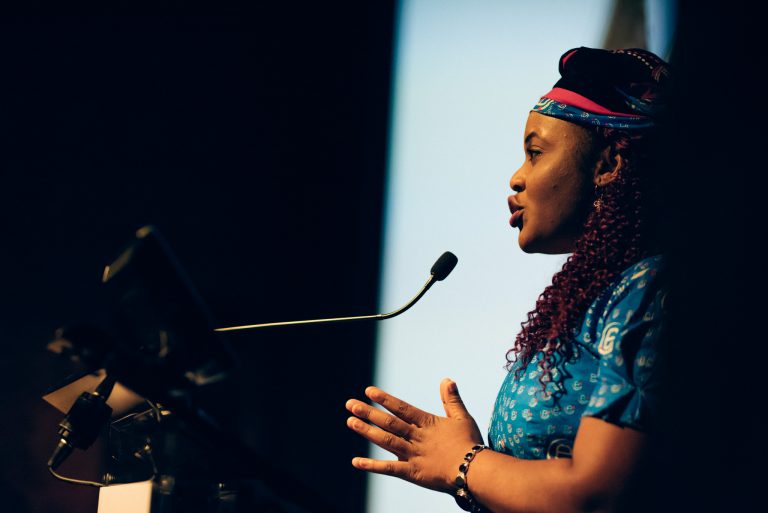The London Fire Brigade should not take the blame for the “impossible” circumstances that hindered the Grenfell Tower rescue operation, the firefighters’ union said today.
Relatives of fire victims called for prosecutions after the inquiry’s first stage report blamed the LFB’s “gravely inadequate” preparation for battling the blaze.
Inquiry judge Sir Martin Moore-Bick wrote that the lack of a plan to evacuate residents was a “major omission” and more lives could have been saved had the “stay-put” policy been rescinded sooner.
Relatives of some of the 72 people who died in the June 2017 fire called on Fire Commissioner Dany Cotton, who is retiring next year, to resign.
Nazanin Aghlani, whose disabled mother and aunt died on the 18th floor, said in a press conference: “The whole LFB ... is in the hands of people that are incapable of their jobs. They should be discharged of it … They should be prosecuted.
“I’m not saying individual firemen, they do a hard job... but the seniors at the top get good money to do a very serious job.”
Grenfell United said fire chiefs failed to learn lessons from previous fires – such as the 2009 Lakanal House blaze – and called on them to “stop hiding behind the bravery of front-line firefighters.”
Ms Cotton resisted calls to resign and said it was up to the police to “look into” accusations that she was “criminally negligent.”
She added that she regrets offending survivors and the bereaved over her comments during the inquiry that she would change nothing about her team’s response on the night.
Fire Brigades Union general secretary Matt Wrack said there was “no way of knowing if evacuation could have saved more lives” and said that trying to get 150 people out of the 24-floor building with limited resources could have led to more deaths.
He said: “We strongly refute the report’s assertion that it would have been possible or safe to evacuate more than 150 people via a narrow, smoke-logged stairwell with just 30 firefighters.
“Firefighters stand in solidarity with the bereaved, survivors and residents … They have an absolute right to ask difficult questions.
“Firefighters that night acted bravely in impossible circumstances, many of them repeatedly risking their own lives to save others.
“Firefighters and control room staff are, as with any profession, only able to operate within their training and procedures. It is clear that no-one had planned or prepared for an incident like Grenfell.”
In the Commons, Labour leader Jeremy Corbyn, who wore a green tie as a mark of respect, said: “I know nobody is trying to do this today, let’s not blame firefighters for their work – they did everything they could and more and well beyond that.”
He stressed the “whole truth is not yet with us” with phase two of the report – to focus on the refurbishment of the tower and installation of the aluminium combustible cladding – still to come.
Mr Corbyn added that the order of the inquiry has been “entirely wrong” and that the first phase should have focused on the refurbishment rather than scrutinising firefighters.
Meanwhile, Tory MPs had jeered Mr Corbyn over his green tie, which he wore as a sign of respect to those who died in the fire.
Theresa May, who was prime minister when the fire happened, could be seen admonishing the MPs by stressing the tie was to mark the tragedy.





























